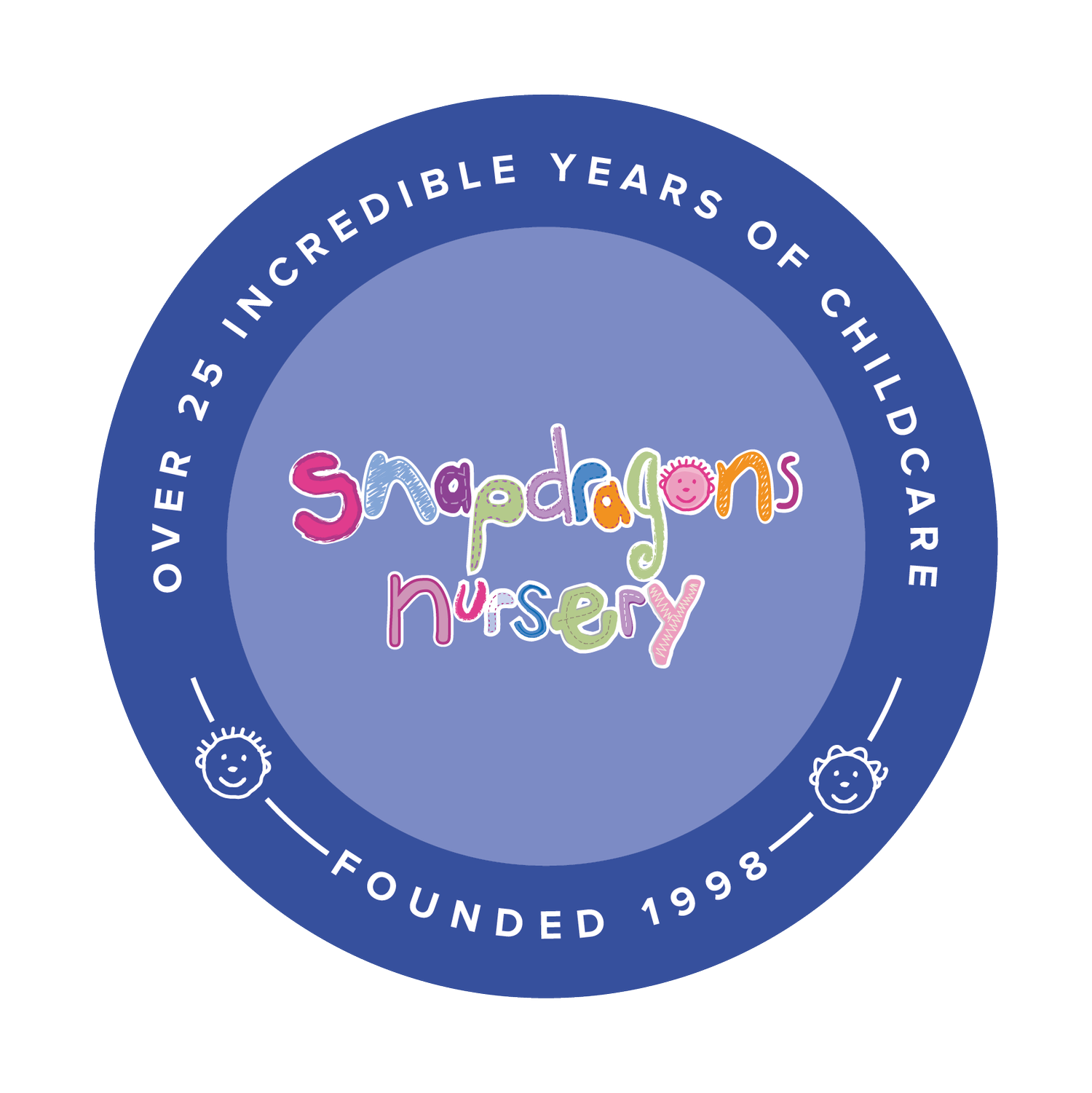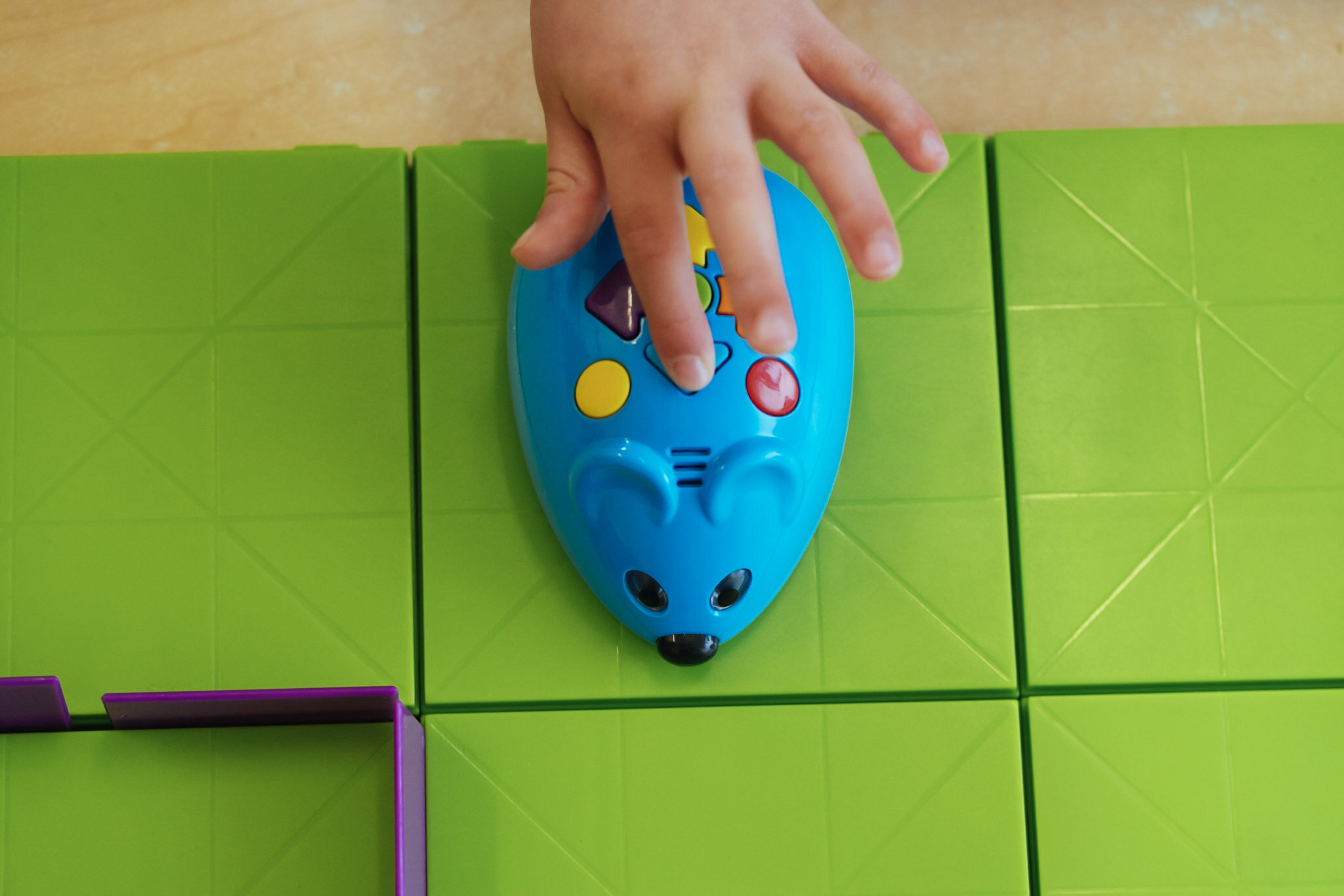Technology for Tots
What do you think of when you hear the word “technology”? Most of us probably think immediately of tablets, laptops, TVs or phones. Today, many people can’t remember a time before the internet or mobile phones. If you can, watch out, you’re showing your age! Everyday technology affects our lives now like never before. Smart gadgets that capture our attention, distract, inform, educate and entertain, have now become such a part of our lives it’s hard to imagine a time when we managed without it all.
We need our children to grow up with the skills to be able to make full use of technology throughout their education and beyond into the working world. But what does this really mean in their early years? How do we prepare very young children for this integral part of modern life?
In the Early Years Foundation Stage Curriculum technology is part of ‘Understanding the World’. Children’s experience and development within this area of learning involves far more than simply the use of iPads or laptops. It also involves learning about the range of technology, equipment and machines they encounter in everyday life, from Apple iPads to the humble zip.
All learning starts from a child’s very first experiences. Our curriculum guidance tells us, “The beginnings of technology lie in babies exploring and making sense of objects and how they behave……Babies need to explore lots of different things to find out what they can do with them”
“The beginnings of technology lie in babies exploring and making sense of objects and how they behave”
Our baby environments provide collections of interesting objects for our youngest children to discover and explore using all their senses. As babies grow, their curiosity and ability to manipulate objects physically develops further. Now they are motivated to get their hands on everything and find out what happens when they push, pull, lift or press parts of toys, flap books, and everyday objects. Many of you will relate to your child’s early fascination with pressing buttons that cause sounds or lights to flash, or lifting the flap to find ‘’Where’s Spot?” in the pages of a book.
Two year olds become more sophisticated in their drive to investigate and make things happen; they like to take control and make things move. Toddlers learn how to operate wind up toys by turning the mechanism, and start to control the movement of electronic toys such as remote control cars by pressing buttons or switches to make something happen. They also love to use real objects for imaginative role play such as TV remotes, telephones, and keyboards, reliving what they see being used in everyday life.
“At Nursery we extend the older children’s interest in technology through programmable toys which require planning and problem solving.”
By the time they reach Pre-school many children can easily operate equipment they encounter in their everyday lives at home like the television. No doubt your pre-schooler is also pretty swift on your iPad and smartphone too given half a chance! At Nursery we extend the older children’s interest in technology through programmable toys which require planning and problem solving. Working out how to program a toy to move in different directions and follow a route develops their thinking skills beyond the on and off switch.
Above all, we need to help children to develop the ability to ask questions and find the answers. Talking with children, commenting on the effect of their actions as they explore everyday objects, technology and the world around them is our role as adults. Helping them think and speculate on why and how things work will help them in many areas of their education and begin to give them the skills they need to navigate our ever changing world.



